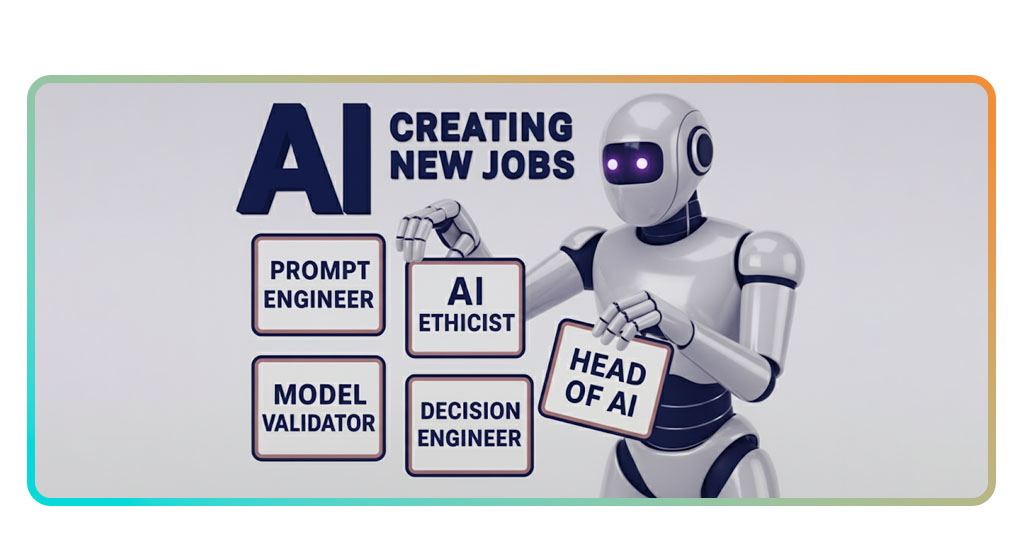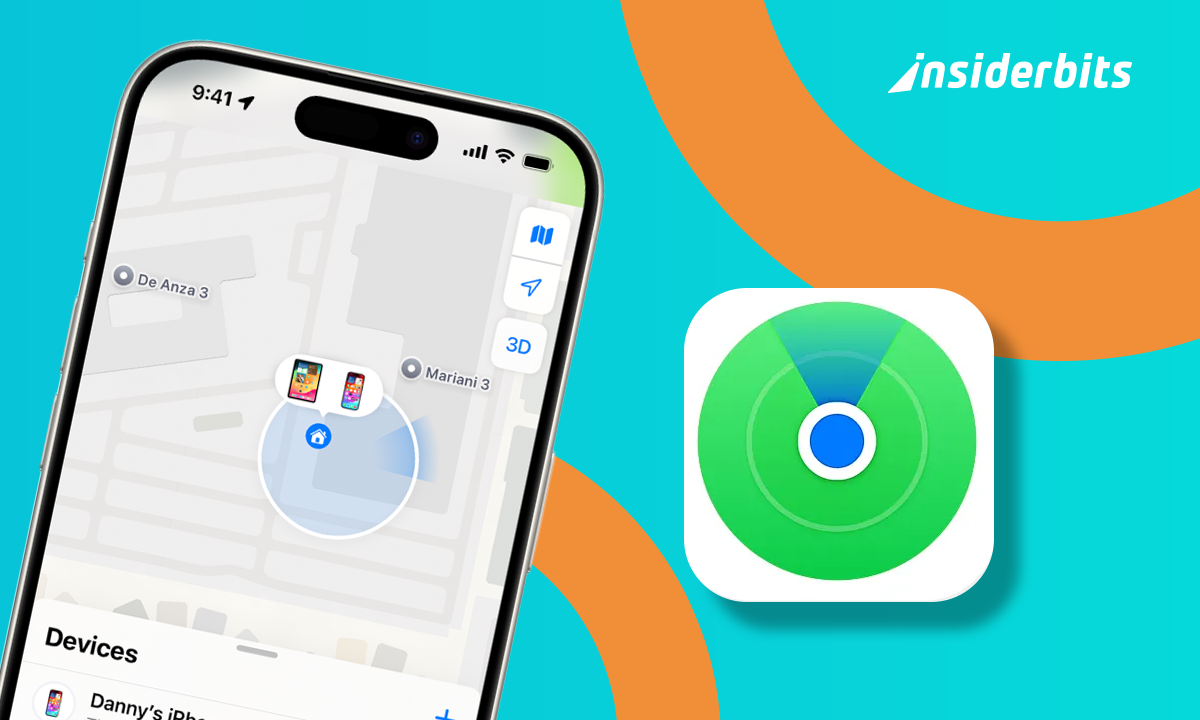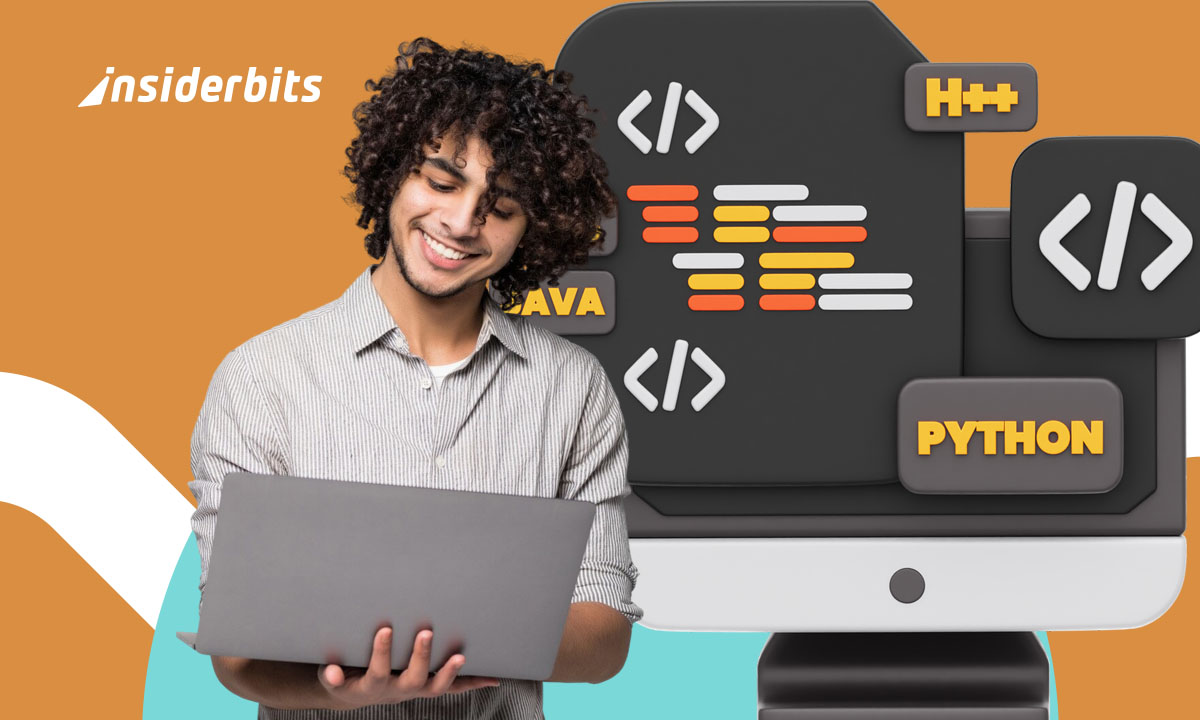Artificial intelligence is very often painted as the villain stealing jobs, yet it is quietly creating fresh opportunities where none existed before. Today, we’ll dive into this new landscape to show how curiosity and preparation can flip fear into advantage because your next career might not exist yet.
This is the time for you to learn what’s coming. Some new titles, like AI trainer, and ethics analyst, are starting to sound less like sci-fi and more like actual job postings. Since this shift is already underway, waiting on the sidelines may not be the best idea. Those who start experimenting with each one of these changes today could become tomorrow’s experts in fields that barely have names yet.
- Traditional Jobs Obsolete: Will AI Reshape the Future of Work?
- Find Remote Jobs on LinkedIn Like a Pro
- Fun jobs that pay well: find your next career move
Why Explore New Jobs AI Could Create
As we know, industries across the board are reshaping their hiring strategies, and that’s the main reason why exploring new jobs powered by AI makes so much sense.
For instance, healthcare needs data interpreters, entertainment needs AI storytellers, and education wants digital tutors that understand students better than old textbooks.
Being aware of these movements gives professionals a chance to pivot before their current role becomes outdated.
While some tasks vanish into history, new opportunities spring up fast, sometimes faster than universities can even design a syllabus.
Consequently, because companies are looking for people who show willingness to experiment, learn on the fly, and handle roles that don’t yet have neat job descriptions, adaptability has become the real superpower here.

Top Emerging Careers in AI and Tech
When we talk about top emerging careers and new jobs in tech, AI trainers are already in demand, since algorithms still need human correction to avoid going off track.
Have you ever thought about teaching a robot the difference between a cat and a croissant? Surprisingly, someone has to do that.
In addition to that, ethics analysts are equally important, because no one wants an algorithm deciding who gets a loan without some serious oversight.
These professionals are the ones who keep technology aligned with human values and regulations, making them vital in every sector.
There are also prompt curators and content specialists who are now surfacing as heroes of generative AI.
Crafting the right input text can turn average output into something brilliant, and companies are learning that not everyone has the knack for it.
Other new jobs include AI auditors who verify system reliability, data annotation specialists who fine-tune datasets, and human-AI interaction designers who make conversations with machines less awkward.
Overall, each role shows how creativity and empathy still play a starring role in this high-tech stage.
Courses That Popularize AI-Related Skills
Check out the best platforms and courses that popularize AI-related skills:
Coursera: grow your career
Coursera (iOS/Android) is a go-to platform for anyone stepping into the world of artificial intelligence, whether you’re curious about the basics or ready to tackle advanced subjects like AI ethics.
The catalog is filled with programs built in partnership with top universities, which adds extra weight when you showcase certificates on your resume.
On Coursera, you can follow structured paths like “AI for Everyone” or pursue niche areas such as computer vision or natural language processing, all while choosing your own pace.
The platform also connects learners with communities where discussions go beyond the classroom. You don’t just learn the theory, you engage with peers worldwide who are facing the same career questions you are.
4.7/5
Udemy Online Video Courses
Meanwhile, Udemy (iOS/Android) takes a different approach by focusing on practical, hands-on courses often taught by industry professionals who know how the job market really works.
The app is full of courses on building chatbots, exploring neural networks, or even mastering data visualization tools.
Many instructors update content regularly to keep pace with fast-moving technology, so you rarely feel like you’re studying outdated material.
What makes Udemy especially appealing is the lifetime access model. Once you buy a course, you can revisit it whenever you need a refresher, which is handy when AI concepts start to blur after a while.
4.7/5
Apprentissage sur LinkedIn
While LinkedIn (iOS/Android) is mostly known for networking and job hunting, its learning platform deserves attention for AI upskilling.
The lessons are concise, designed for professionals who want to squeeze training into a busy workday without sacrificing depth.
Courses cover everything from introductory machine learning to applied AI in marketing, finance, and human resources.
Because the content ties directly into LinkedIn profiles, certificates integrate seamlessly with your digital resume, instantly visible to recruiters.
The biggest perk is the direct link between learning and opportunity. Completing a course can immediately improve your visibility on the job market, since recruiters often filter searches based on skills added through LinkedIn Learning.
4.7/5
How to Update Your Resume for AI Roles
A resume designed for AI-era jobs should show more than titles. Consequently, it should prove you’re adaptable and willing to learn.
That’s why everyone looking for a new job in these emerging careers should also list courses from Coursera or Udemy as a signal of commitment, even if you’re still new to the field.
The platform LinkedIn plays a huge role here too because recruiters increasingly search for AI-related keywords, so updating your profile could put you in front of the right eyes.
For instance, if your profile is one that mentions “AI trainer”, it will look a lot more interesting than one that just says “Open to work”.
Moreover, you can add small projects to make a big difference. Showing that you built a simple chatbot or tried a data visualization tool demonstrates initiative, and employers like seeing proof that you can do more than just study theory.
Where to Find AI-Driven Job Leads Today
As you may know, LinkedIn remains the number one hub for AI-driven careers, thanks to its recommendation engine that loves pushing emerging roles your way.
Alongside, joining groups also helps you stay plugged into discussions where opportunities pop up unexpectedly.
Specialized job boards now list positions for AI auditors, ethics researchers, or creative technologists. These spaces show just how quickly the demand for hybrid skills is growing.
Networking shouldn’t be underestimated either. Many of the most exciting roles still appear in startups testing new ideas, and personal connections often reveal openings long before they go public.
Discover New Jobs AI Could Create — Explore Opportunities Now – Conclusion
AI is reshaping the workplace, but instead of just closing doors, it is opening windows into careers no one imagined ten years ago.
We already have courses and platforms that give anyone the tools to enter this world with confidence. Starting now means you won’t be playing catch-up later when competition intensifies.
Start today to prepare yourself for these new jobs, because the future of work is arriving faster than most of us expected, and it’s bringing a wave of opportunities with it.
En rapport : Traditional Jobs Obsolete: Will AI Reshape the Future of Work?
Enjoyed this article? Save the Idées reçues blog to your favorites for the latest tools, creative tech tips, and photo editing breakthroughs.






